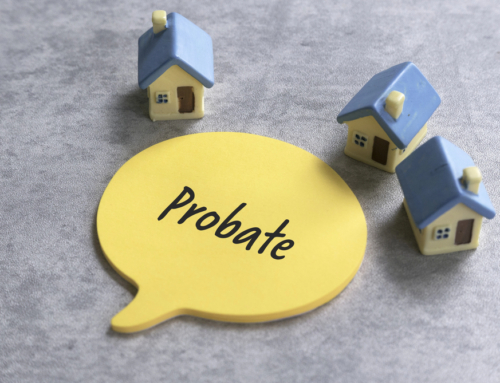Going through a separation or divorce is never easy — and one of the biggest questions people face is: What happens to our property now? At ALG Lawyers, we’ve supported many families across British Columbia through the difficult process of dividing assets and moving forward after a relationship ends. We know it can feel overwhelming, especially when emotions and finances are closely tied together.
This post is designed to give you a clear overview of how property division works under BC’s Family Law Act, including what counts as “family property” versus “excluded property,” how debts are handled, and what special rules apply to the matrimonial home.
What Is Considered Family Property in BC?
Under the Family Law Act, “family property” is everything either spouse owns at the date of separation, with a few key exceptions. Family property includes:
- The family home (even if only one person is on title)
- Bank accounts
- Investments and pensions
- RRSPs and TFSAs
- Vehicles
- Business interests
- Personal property like furniture or art
All family property is presumed to be divided equally unless the parties agree otherwise or the court finds that equal division would be significantly unfair.
When Does Separation Occur?
Separation doesn’t always require a formal document or moving out. You are legally separated in BC when at least one spouse intends to separate and communicates this clearly — even if both parties continue to live under the same roof for practical reasons.
What Is Excluded Property?
Not everything gets divided after a separation. Certain property is considered “excluded” and stays with the person who owned it — but only the original value is excluded.
Excluded property includes:
- Assets owned before the relationship began
- Gifts or inheritances received during the relationship (unless comingled)
- Settlements or awards from lawsuits (e.g., personal injury claims)
- Property held in a trust for one spouse
Important: While the excluded property itself may not be divided, any increase in its value during the relationship is considered family property.
Example:
Sam owned a condo worth $300,000 before marrying Alex. At separation, it’s worth $500,000. The $300,000 is excluded, but the $200,000 increase may be subject to division.
How Are Debts Divided?
Just like property, family debt is also divided equally under the Family Law Act. This includes:
- Mortgages
- Lines of credit
- Credit card debt
- Tax liabilities
- Business debts
Family debt includes debt incurred during the relationship, or after separation if it’s related to family property. Debts in one person’s name may still be considered shared if they were used for the family.
Special Considerations: The Matrimonial Home
The family home — often called the matrimonial home — has special legal status in BC. Even if only one spouse is on the title, the home is still considered family property if:
- It was the primary residence during the relationship, and
- It was used for family purposes (e.g., raising children, cohabitation)
This means the non-owning spouse still has a claim to half its value and, in many cases, the right to occupy the home temporarily after separation.
You cannot sell or mortgage the family home without the other spouse’s written consent, unless a court orders otherwise.
Can We Agree to Divide Things Differently?
Yes. While the law presumes equal division, you and your former partner can agree on a different arrangement, either on your own or with the help of lawyers or mediators.
This is commonly done through a:
- Separation agreement
- Mediation or arbitration process
- Consent order approved by the court
However, if the court finds that the agreement is significantly unfair, it can set it aside.
When Should I Talk to a Lawyer?
It’s wise to seek legal advice if:
- You’re unsure what counts as excluded vs. family property
- You and your ex-partner disagree on how to divide assets or debt
- You’re concerned about hidden or misused assets
- You owned significant assets before the relationship began
A lawyer can help you understand your rights, protect your interests, and avoid costly mistakes — especially when it comes to real estate, business interests, or family trusts.
Key Takeaways
- Family property is generally divided equally under BC law, even if only one spouse is on title.
- Excluded property (like pre-relationship assets or inheritances) is not divided — but increases in value are.
- Family debt is also shared, even if it’s only in one spouse’s name.
- The matrimonial home is treated as shared property, regardless of whose name is on title.
- You can create your own agreement, but it must be fair and ideally reviewed by a lawyer.
Need Help Navigating Separation or Property Division?
If you’re separating and unsure how the law applies to your property, the team at ALG Lawyers can help. Our experienced family lawyers work with clients in Abbotsford, Burnaby, Surrey, and Vancouver, offering clear guidance and strong advocacy at every step.
Contact ALG Lawyers today to book a consultation.
Additional Reading
- Family Law – Property Division – ALG Services
- What You Need to Know about Prenuptial Agreements – ALG Blog
- Divorce: Steps to Take and the Importance of a Divorce Lawyer – ALG Blog






